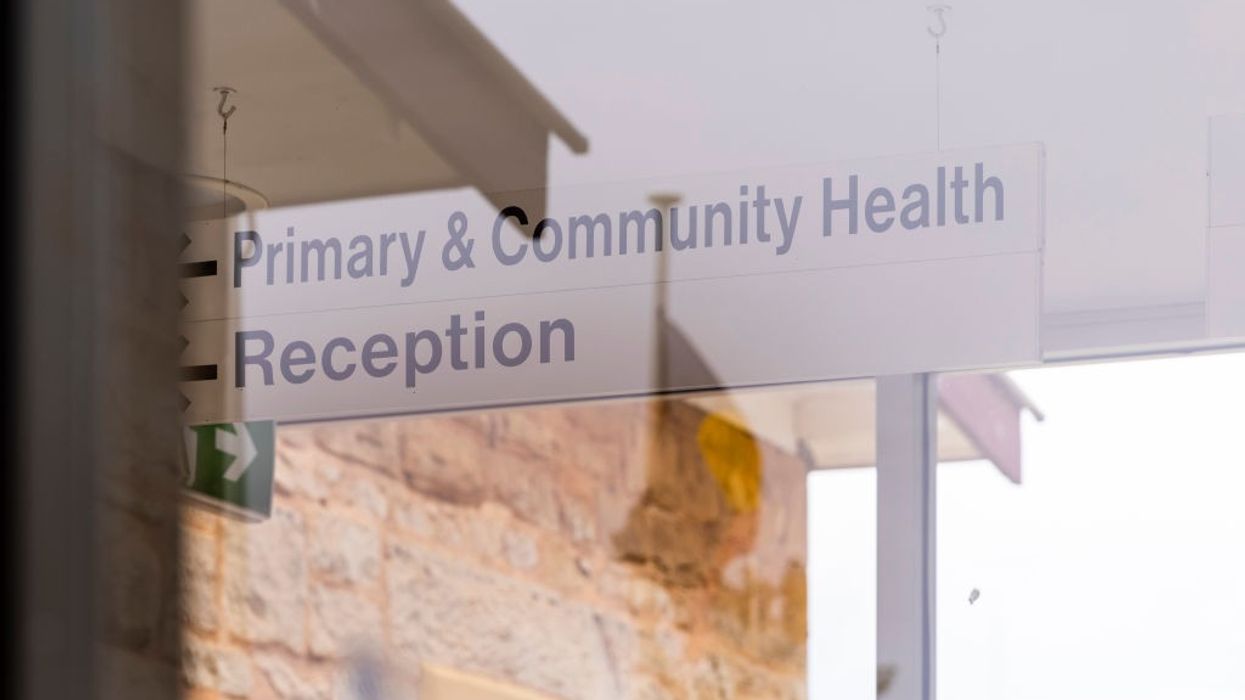Calls for radical changes to the "not fit for purpose" NHS health policy and highlights economic benefits of investing in primary and community care
Matthew Taylor, Chief Executive of the NHS Confederation, delivered a compelling speech at the NHS ConfedExpo 2024, emphasising the critical need for investment in community-based care and the revitalisation of primary care services.
In his address, Taylor also criticised the current health policy as "not fit for purpose," calling for radical changes to shift the NHS from a reactive to a proactive health model.
Addressing delegates at the Manchester event, Taylor highlighted the importance of shifting resources towards prevention and community services.
Underscoring a strategic pivot from reactive to proactive health models, he said:
"We must see action to fulfil the long-held vision of a health service that invests better upstream in prevention, in primary and in community-based care."
Taylor praised the innovative efforts within primary care, noting that despite the "productivity challenges in the NHS, primary has provided a massive increase in appointments and activity while consuming a smaller share of the health budget."
He pointed to exemplary practices across the UK, including community outreach in Sheffield and Oxford, an out-of-hours service in Herefordshire, and entrepreneurial GPs in Gloucestershire and Kent who are transferring acute services into community health centres.
The economic benefits of investing in primary and community health care were also highlighted in Taylor's speech.
"The Confed’s own economic analysis shows that for every £1 spent on primary or community health care, the economy is boosted by up to £14," he stated, making a robust case for the financial prudence of such investments.
Taylor’s address resonated with his broader vision for the NHS, advocating for a health service that is more integrated, community-focused, and proactive in its approach to health and wellbeing.
His remarks underscore the pivotal role of community care and the need for continued innovation and investment in primary care services to achieve better health outcomes and restore public confidence in the NHS.
The current health policy as "not fit for purpose"
In a critical analysis of the current health policy, Taylor described the NHS’s reactive model as "the least clinically effective and most expensive way of improving health outcomes," arguing it reinforces inequalities and diminishes individuals' sense of agency.
He warned of the "burning platform" caused by an ageing population and rising expectations for new and expensive treatments.
He stressed that unless the health of the nation improves, the NHS and the country's economy will remain stuck.
Taylor pointed to the UK’s unique challenges, including longer lifespans not matched by good health, modest economic growth, and hostility to high immigration rates.
He said these factors result in the NHS and care system consuming an increasing proportion of public spending.
Additionally, the healthcare system employs one in five of the national workforce, further highlighting the strain on resources.
"Unless we improve the health of the nation, the NHS will be stuck and the country’s economy held back," Taylor said.
Highlighting past public health successes such as reducing smoking rates and teenage pregnancy, he questioned, “Why can’t we tackle the obesity crisis with the same determination?”
Taylor also called for more health devolution to address local issues effectively.
“Devolving from the centre is not about evading accountability; it is enabling us to be more accountable to our local partners and responsive to the communities we serve,” he explained.












